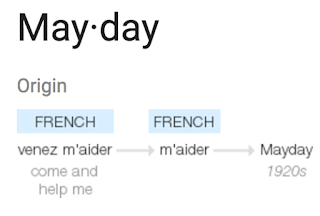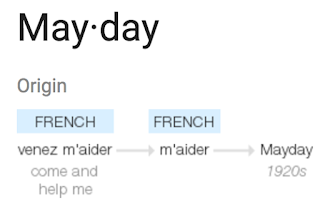Every day millions of Americans come together in rooms of recovery across the country to share their experience, strength and hope. People with varying lengths of sobriety and/or clean time rely on each other to live one day at time without picking up a drink or a drug. When one member is having a difficult time, they give what they are going through up to the group, and by doing so feel a sense of relief by getting it off their chest. What comes back in return from the group is oftentimes guidance in getting through the particular issue, potentially averting someone from exacerbating the situation by doing something that makes the situation worse.
There is a great chance that if you are having an issue, somebody else has gone through the same thing or something similar. Everyone may be unique in their own way, but when it comes to the symptoms of the disease of addiction (i.e. how one thinks and acts in response to such thoughts) people often go through the same types of issues. Both inactive addiction and active recovery.
While 12-Steps programs have the word anonymous in the various organization’s titles and what is said in the rooms is intended to stay there (for a multitude of reasons), more and more people have become willing to share their experience with society, with the hope that maybe what they say will resonate with others who have not been able to find the strength to seek assistance. Feeling less alone in one’s disease can be a catalyst for change.
Addiction is one of several debilitating mental health disorders that can be hard to talk about because of stigma. The harder it is for someone to talk about, the more likely it is that they will attempt to keep what they are going through hidden, thus preventing treatment. When it comes to mental illness, an inability to reach out for help can be deadly.
There’s Power in Sharing
Mayday is an international distress signal. So, it should come as little surprise that the month of May is Mental Health Month given that people with untreated mental health disorders are truly in distress. The organization, Mental Health America, is asking everyone to join them “in spreading the word that mental health is something everyone should care about.”
In addition to providing a toolkit to help individuals and organizations spread the word, you can also take to social media to talk about what #mentalillnessfeelslike. You never know how your story might help someone that is still in the grips of any form of mental illness, including:
- Addiction
- Anxiety
- Bipolar Disorder
- Depression
- Eating Disorders
- PTSD
If you are in recovery for addiction or a co-occurring mental illness, you know the courage it takes to surrender and reach out for help. Observing Mental Health Month could help countless people who are in a similar predicament.
Co-Occurring Disorder Treatment
At Hope by The Sea, many of our clients who are working a program of addiction recovery have a co-occurring mental health disorder. We know first-hand what can happen if both forms of mental illness are not treated concurrently. Our program is designed to treat both conditions so that one does not undermine the other on the difficult road of recovery.
If you are struggling with drugs and/or alcohol, there is a good chance that other pathologies may be at play. Our skilled team of doctors, psychiatrists and therapists work to assess the whole patient, so that no stone is left unturned, concealing a problem that could lead to relapse down the road. Please contact us today to begin a life of recovery.


